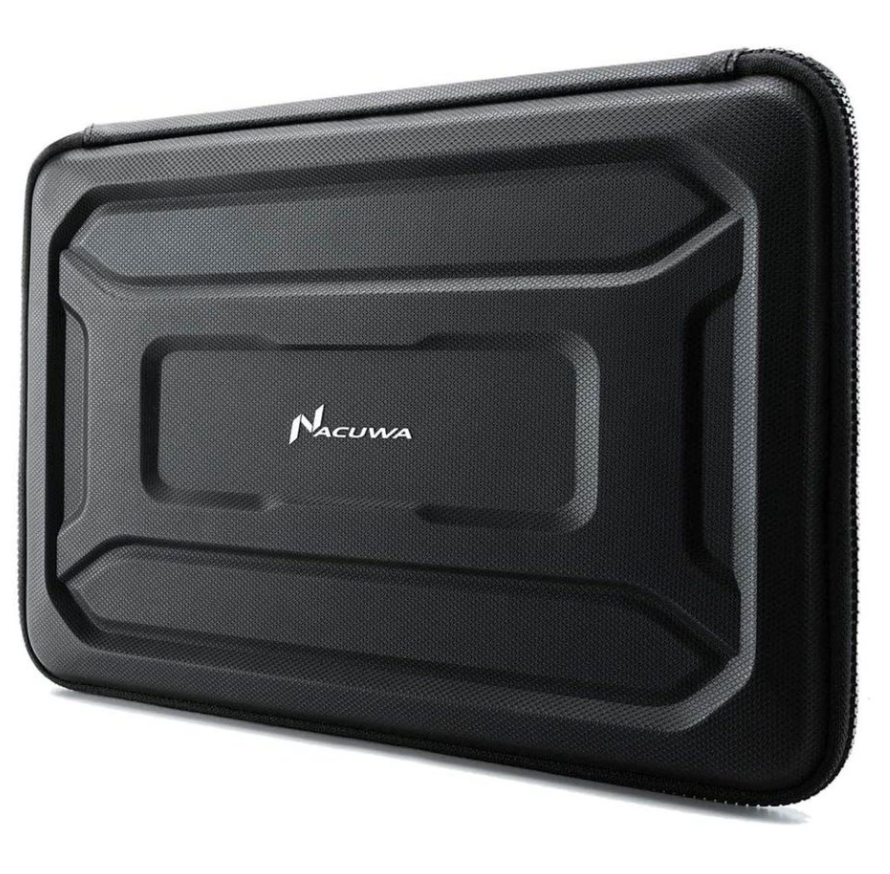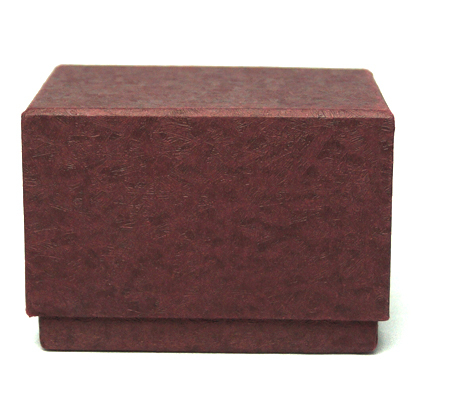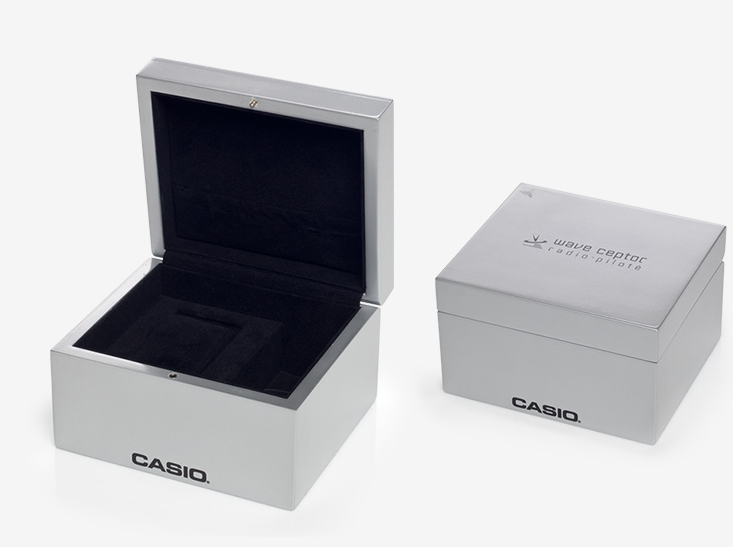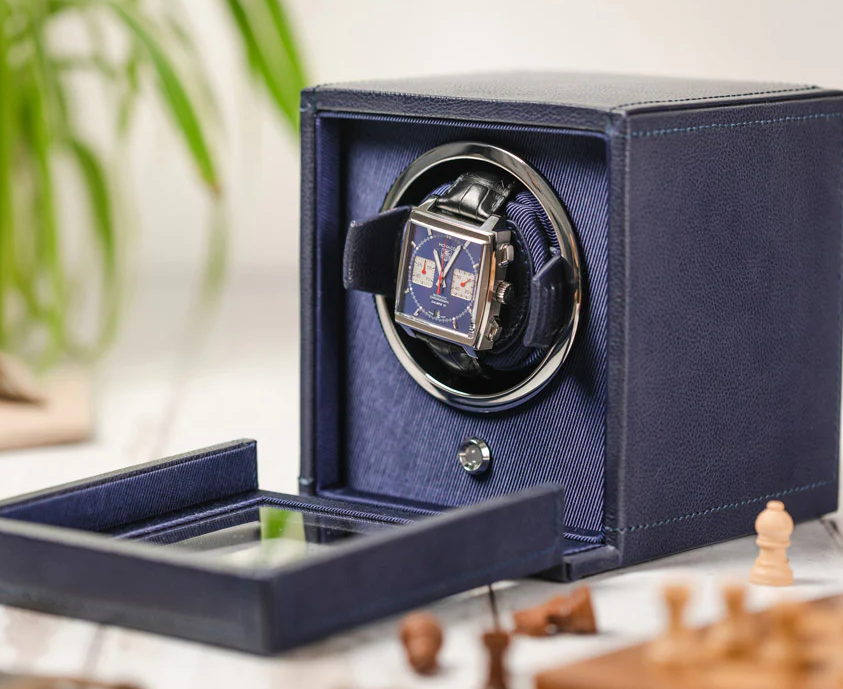Yes, hard cases offer excellent protection, durability, and can be stylish, but they may add weight and cost more than soft cases.
Table of Contents
Material and Construction
Common Materials Used in Hard Cases
When it comes to hard cases for laptops, materials like polycarbonate, ABS plastic, and aluminum are commonly used. Polycarbonate cases are popular due to their balance between strength and light weight. These materials are also often transparent, allowing for the laptop’s design to show through. ABS plastic, on the other hand, is a bit more rigid but also heavier. It’s generally cheaper than polycarbonate. Aluminum cases provide a luxurious, premium feel, but they are heavier and usually more expensive.
- Polycarbonate: Around $20-$50
- ABS Plastic: Approximately $15-$40
- Aluminum: Generally $60-$150
You can learn more about polycarbonate and ABS plastic to delve into the science behind these materials.

Durability Factor
The durability of a hard laptop case is an important consideration. Aluminum cases generally offer higher resistance against impacts and drops but may be susceptible to scratches. Polycarbonate cases offer good shock absorption and are resistant to cracks and fractures, although they may develop scratches over time. ABS plastic cases provide a robust structure but may not offer as much shock absorption as the other materials.
It’s worth noting that while these materials can protect against daily wear and tear, none are indestructible.
Weight and Portability
Weight is often an overlooked factor when choosing a hard laptop case. Aluminum, while sturdy and premium-feeling, adds a significant amount of weight to the laptop. Polycarbonate and ABS plastic are generally lighter, making them more suitable for those who are constantly on the move.
- Polycarbonate: Adds approximately 0.5-1 lbs
- ABS Plastic: Adds around 0.6-1.2 lbs
- Aluminum: Can add 1.5-2.5 lbs
For people who travel frequently or commute daily, portability can be a major deciding factor.
Protection
Shock Absorption
Shock absorption is a critical factor in evaluating the protective capabilities of a hard laptop case. Cases made from materials like polycarbonate and ABS plastic excel in absorbing the impact of accidental drops or bumps. These materials often feature interior cushioning or air pockets to improve shock absorption further. When it comes to the gold standard of impact resistance, aluminum falls slightly behind due to its rigidity, which can transfer more shock to the laptop inside.
Understanding Impact Force can help consumers grasp why shock absorption is vital.
Weather Resistance
Not all hard cases offer weather resistance, so it’s crucial to look for this feature if you’re frequently exposed to rain, snow, or extreme temperatures. Some high-quality polycarbonate and ABS plastic cases come with weatherproof seals that keep moisture out. Aluminum cases might inherently be more resistant to elements but usually lack the sealing features that offer complete weather resistance.
Here’s more on Weather Resistance for those interested in the science behind this protective feature.
Additional Protective Features
Some hard cases go the extra mile by offering additional features like built-in locks, screen protectors, or even compartments for storing accessories. These cases may come at a premium price but offer an all-around protection package that could be worthwhile for those looking to invest in comprehensive laptop safety.
These additional features can provide a full range of protection and may include:
- Lock slots for physical security
- Rubberized corners for enhanced shock absorption
- Built-in stands for ergonomic usage
Additional features like these contribute to a case’s overall Utility and are worth considering for users who need more than just basic protection.
Aesthetic and Design
Customization Options
In the realm of hard laptop cases, customization options can be somewhat limited compared to soft sleeves or skins. However, some brands offer a range of colors and even textured finishes, allowing users to express their personal style. Some cases also feature clear or semi-transparent materials, enabling the laptop’s original design to show through. If you’re looking for even more customization, some companies offer engraving services for an additional fee.
For more insights on the concept of customization in consumer goods, check out the Wikipedia page on Mass Customization.
Professional Appearance
Hard cases can offer a sleek, streamlined look that can be suitable for professional settings. Aluminum cases, with their metallic finishes, often look more upscale and can make a strong impression in business environments. Polycarbonate or ABS plastic cases in neutral colors like black or gray can also serve well in professional scenarios. It’s important to consider how the case will match your professional attire and the message you want to convey.
If you’re interested, you can explore more on the topic of Professional Appearance on Wikipedia.
Limitations in Design
While hard cases offer many advantages, they also come with some design limitations. For one, these cases often add bulk, making the laptop less sleek than it originally was. Moreover, design options are generally limited to what the manufacturer provides, which may not suit everyone’s taste. Additionally, hard cases can sometimes obstruct some ports or cooling vents, although this is becoming less of an issue with better design practices.
Practicality and Convenience
Ease of Installation and Removal
One of the most important aspects of a laptop case’s practicality is how easy it is to install and remove. Polycarbonate and ABS plastic cases usually come in two pieces that snap together, making the installation and removal process fairly straightforward. These types of cases are ideal for people who frequently need to switch cases or clean their laptops. Aluminum cases, however, might require screws and a bit more time to securely attach or remove from the laptop.
To understand the mechanics involved, you can read more about Fasteners and how they are used in various products.
Access to Ports and Buttons
A practical hard case should provide unhindered access to all ports, buttons, and features of the laptop. Most modern designs account for this, but it’s still something to double-check. Cheaper or poorly designed cases might obstruct ports or make it difficult to use certain features like touchpads or fingerprint sensors. Before purchasing, ensure that the case fits your laptop model exactly to avoid any issues with accessibility.
For more information, check the Wikipedia page about Computer Ports to understand the importance of easy access to these interfaces.
Storage Solutions
While most hard cases primarily serve to protect the laptop itself, some also offer additional storage solutions like pockets or compartments for carrying accessories like chargers, mice, or even notepads and pens. These additional features can significantly enhance the case’s practicality, especially for those who are always on the go. However, added compartments may contribute to the overall bulk, so it’s essential to weigh the benefits against the added size.
Maintenance and Longevity
Maintenance Requirements for Transaxles
It seems like there’s a little mix-up with the sub-topic names; they appear to be related to automotive components rather than laptop cases. Assuming you want to know about the maintenance requirements for hard laptop cases, I’ll proceed with that topic.
Regular cleaning is essential for maintaining the appearance and functionality of a hard laptop case. Dust and debris can accumulate in the crevices, requiring occasional cleaning. For polycarbonate and ABS plastic cases, a simple wipe-down with a damp cloth usually suffices. However, aluminum cases might benefit from specialized cleaners to maintain their metallic luster. The cost of these specialized cleaners can range from $5 to $20.
For a more scientific approach to materials and their maintenance, you can read about Materials Science on Wikipedia.
Maintenance Requirements for Transmissions
Again, assuming the topic should be laptop case maintenance rather than automotive transmissions, let’s talk about the long-term care of hard cases. Over time, snap-on cases like those made from polycarbonate or ABS might develop loose fittings due to wear and tear. In such instances, it might be beneficial to replace the affected part, which can cost around $10 to $30 depending on the material and brand.
You can read more about wear and tear through the lens of Tribology, the study of interacting surfaces in relative motion.
Expected Lifespan and Durability
The lifespan of a hard case varies depending on the material and how well you maintain it. Polycarbonate and ABS plastic cases can generally last 2-3 years with proper care, whereas aluminum cases can last up to 5 years or more. Keep in mind that these are general estimates; how you use and maintain your case can greatly affect its durability.






